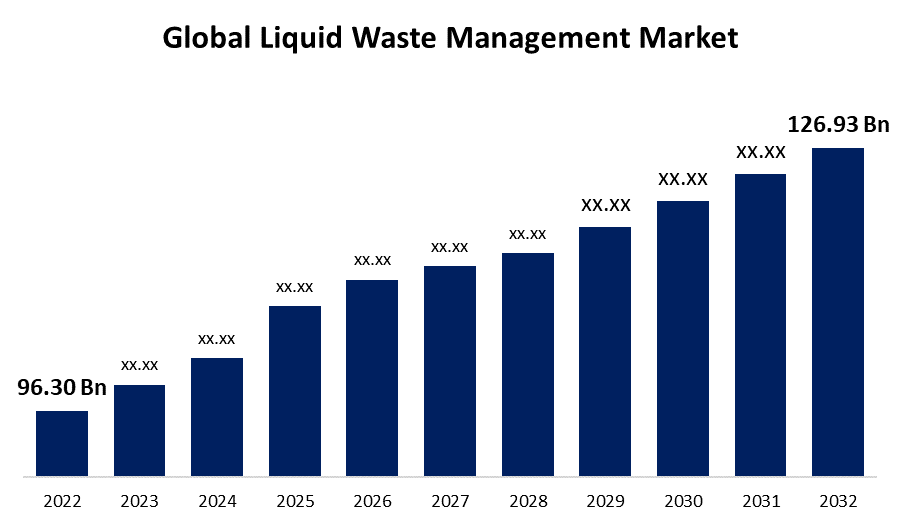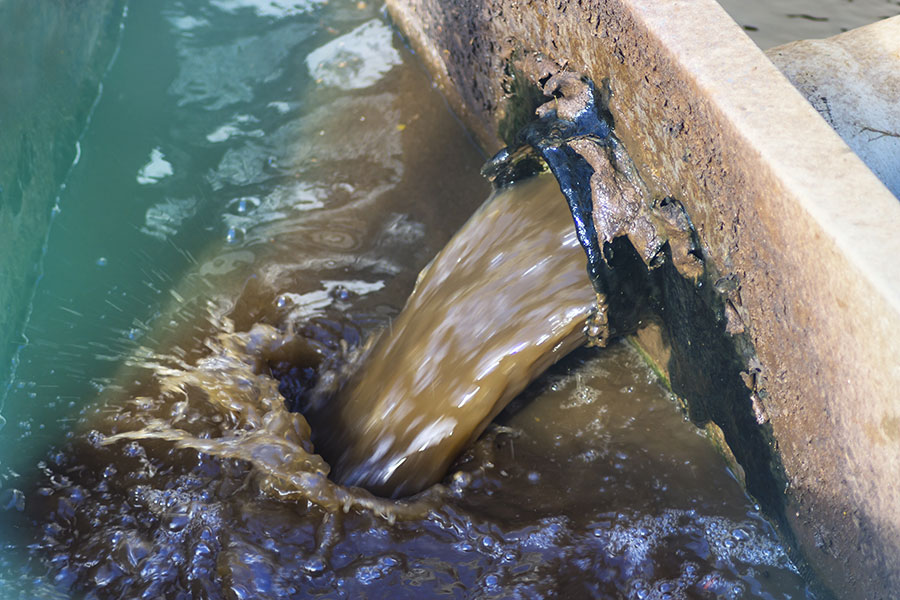Understanding the Comprehensive Refine of Fluid Garbage Disposal: Finest Practices and Environmental Effect Considerations
The administration of liquid waste disposal is a diverse problem that needs a thorough understanding of numerous ideal methods and their connected environmental effects. From the sorts of liquid waste created to the methods used for collection, therapy, and last disposal, each action plays a critical duty in securing environments and public health and wellness. As governing requirements advance and modern technology developments, the conversation around these procedures ends up being increasingly significant. What effects do these modifications hold for future sustainability initiatives, and how can stakeholders make sure that they are sufficiently dealt with?
Sorts Of Liquid Waste
Understanding the various kinds of liquid waste is essential for efficient monitoring and disposal methods. Fluid waste can be generally classified into a number of types, each requiring distinct handling and therapy strategies.
Industrial fluid waste commonly contains unsafe products, including hefty metals, solvents, and chemicals, produced throughout producing procedures. These wastes necessitate strict regulatory conformity to protect human wellness and the setting. Domestic liquid waste mostly refers to wastewater produced from houses, including sewer and greywater, which, although less hazardous, can still present considerable risks if incorrectly managed.
Agricultural fluid waste, consisting of drainage from ranches, frequently has plant foods and pesticides that can result in environmental deterioration otherwise treated appropriately. Medical fluid waste, generated from healthcare facilities, consists of contaminated liquids such as physical liquids and chemicals, needing specialized disposal methods to stop infection and environmental contamination.
Finally, oil and grease waste, generally created by dining establishments and vehicle markets, can trigger severe blockages in sewage system systems if not managed properly. Understanding these groups promotes targeted methods for therapy, conformity with guidelines, and efficient disposal approaches, eventually promoting ecological sustainability and public wellness safety.

Collection Techniques
Effective collection approaches are critical for the correct monitoring of fluid waste, making certain that it is gathered safely and effectively before therapy or disposal. Various methods are employed relying on the kind of fluid waste generated, the quantity, and the specific characteristics of the waste.
One usual technique is the usage of dedicated collection containers or sumps, which are developed to record liquid waste at the resource. These systems commonly include pumps that promote the transfer of waste to bigger storage containers or treatment centers. Additionally, mobile collection systems outfitted with vacuum modern technology are used in situations where waste is produced periodically or in hard-to-reach areas.
For commercial settings, closed-loop systems can properly lessen leaks and spills, allowing for the recovery and reuse of liquid waste. It is also necessary to train workers on appropriate collection procedures to alleviate risks connected with hazardous materials.
Furthermore, applying regular maintenance schedules for collection tools makes sure ideal performance and safety. The integration of sophisticated tracking systems can boost collection efficiency by giving real-time data on waste levels and possible threats. Generally, reliable collection approaches are foundational to lasting fluid waste monitoring techniques.
Treatment Processes
Treatment processes play an important function in the monitoring of fluid waste, transforming potentially hazardous products into recyclable resources or risk-free effluents - liquid waste disposal. These processes can be generally categorized into physical, chemical, and organic methods, each tailored to resolve details contaminants existing in the waste stream
Physical therapy techniques, such as sedimentation and filtering, work by removing suspended solids and particulate matter. These strategies are typically the initial action in the therapy chain, properly minimizing the lots on subsequent processes. Chemical treatments entail the use of reagents to reduce the effects of hazardous substances, precipitate heavy steels, or oxidize natural toxins, consequently enhancing the safety of the effluent.
Organic treatment processes, including activated sludge systems and anaerobic digestion, take advantage of the all-natural capabilities of microbes to deteriorate natural matter. These techniques are especially effective for wastewater including biodegradable contaminants. Advanced therapy technologies, such as membrane layer filtering and progressed oxidation procedures, are increasingly used to achieve greater degrees of filtration.
Integrating a combination of these treatment approaches not just ensures conformity with regulative standards but additionally advertises ecological sustainability by recuperating important sources from liquid waste.
Disposal Options
Exactly how can organizations ensure the accountable and secure disposal of liquid waste? Effective disposal choices are essential for protecting public health and the atmosphere. The main methods include land incineration, disposal, and therapy followed by discharge right into municipal wastewater systems.
Land disposal includes the careful control of liquid waste in assigned garbage dumps, making certain that it does not leach into bordering soil or water. Incineration, on the various other hand, subjects fluid waste to high temperature levels, transforming it right into ash and gases, which require correct filtration to reduce discharges. This technique appropriates for dangerous wastes that can not be treated with conventional means.
In instances where fluid waste can be treated, organizations might go with organic or chemical therapy processes to reduce the effects of harmful elements prior to discharging the dealt with effluent into community systems. This path commonly lines up with regulatory requirements, guaranteeing that the effluent fulfills safety and security requirements.
Ultimately, organizations must carry out complete assessments of each disposal choice to establish its feasibility, considering variables such as waste make-up, governing conformity, and potential threats to health and the setting. By choosing suitable disposal techniques, businesses can add to an accountable waste management strategy.
Ecological Influence
The environmental effect of liquid waste disposal is a vital consideration for organizations seeking to reduce their ecological impact. Furthermore, the discharge of neglected or improperly dealt with waste into surface waters can result in eutrophication, leading to oxygen deficiency and the subsequent death of fish and other microorganisms.

To mitigate these effects, companies must take on finest methods such as carrying out extensive waste treatment processes, advertising recycling and reuse, and adhering to governing requirements. By taking an aggressive approach to fluid waste management, entities can significantly minimize their environmental footprint while sustaining lasting growth goals. Eventually, a detailed understanding of the ecological effects connected with fluid waste disposal is crucial for informed decision-making and responsible stewardship of natural resources.
Conclusion
Effective administration of fluid waste is important for guarding ecological stability and public health and wellness. By adopting best practices in collection, treatment, and disposal, alongside adherence to regulative requirements, the potential for dangerous contamination of ecological communities can be dramatically liquid waste removal melbourne lowered. Constant developments in technology and processes add to lasting waste management initiatives. Inevitably, a comprehensive understanding of liquid garbage disposal not just alleviates environmental influences yet likewise fosters a commitment to liable resource monitoring and environmental stewardship.
The management of fluid waste disposal is a multifaceted issue that needs an extensive understanding of numerous finest methods and their linked environmental impacts. From the kinds of liquid waste generated to the approaches utilized for collection, treatment, and last disposal, each action plays a crucial duty in securing ecosystems and public health and wellness.The environmental impact of liquid waste disposal is a crucial consideration for organizations looking for to decrease their eco-friendly footprint. Inevitably, an extensive understanding of the ecological effects associated with fluid waste disposal is important for notified decision-making and responsible stewardship of natural sources.
Eventually, a thorough understanding of fluid waste disposal not just reduces ecological impacts however additionally fosters a commitment to accountable source monitoring and ecological stewardship.